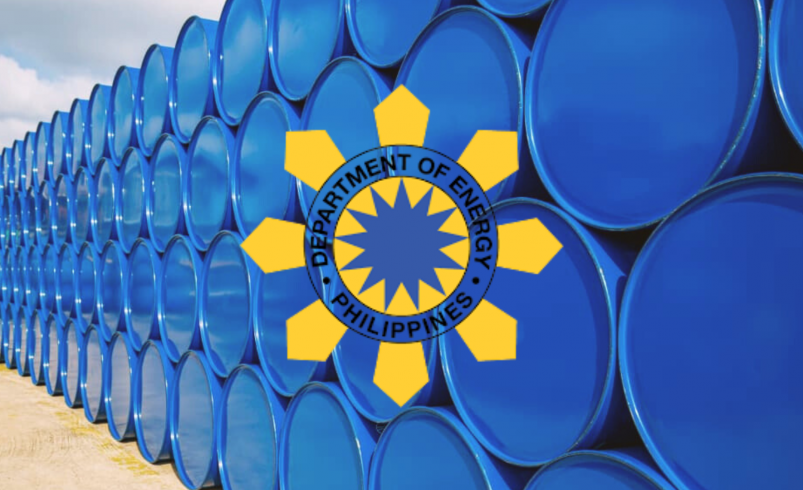DOE Monitors Oil Sector for Anti-Competitive Behavior Amid Smuggling Concerns
- July 10, 2025
- 0

The Department of Energy (DOE) said it has not found definitive proof of cartelization in the local oil industry, but flagged possible anti-competitive behavior and irregularities such as fuel smuggling and reporting mismatches.
Speaking at a media conference on Wednesday, DOE officials said there are still questionable activities taking place in the sector, though these remain speculative pending further validation.
“I would say that there is no cartel,” DOE Secretary Sharon Garin. “But there is still some form of anti-competitive behavior in some areas, not all. There are still some activities that are not of the best interest to the public.”
The DOE noted persistent discrepancies between oil export data from other countries and the Philippines’ import records. For example, if a country reports exporting 100 units of fuel to the Philippines but the local data shows only 80 units were received, the 20-unit gap raises red flags.
“Where does that go?” Garin asked. “It could be formal smuggling, misdeclaration, or manipulation.”
While the DOE does not have prosecutorial powers, it coordinates with other agencies depending on the nature of the violation. Specifically, reporting potential smuggling to the Bureau of Customs, discrepancies to the Bureau of Internal Revenue or Department of Finance, and suspected anti-competitive behavior to the Philippine Competition Commission.
The agency also addressed public concerns about uniform weekly price adjustments among oil companies, despite having different operating costs. DOE clarified that it is closely monitoring price advisories, which are usually announced every Monday and implemented on Tuesdays.
“The issue is not necessarily the uniformity of price changes,” Garin continued, “What we monitor is how these adjustments are computed. Unfortunately, we are not authorized to investigate their reporting—only to check that adjustments align with benchmark prices like MOPS [Mean of Platts Singapore] and Dubai crude.”
To improve transparency and accountability, the DOE reaffirmed its commitment to the implementation of the oil price unbundling circular. This policy requires oil companies to disclose cost components in fuel pricing, allowing greater transparency and enabling competition at the retail level.
Despite the lack of formal charges or confirmed cartel activity, DOE officials emphasized the importance of continued vigilance in monitoring pricing behavior and market practices in the downstream oil sector.
“We’re constantly monitoring,” the DOE said. “It’s a dynamic industry, and any violations or issues we observe will be forwarded to the appropriate authorities.”
Follow Power Philippines on Facebook and LinkedIn or join our Viber community for more updates.